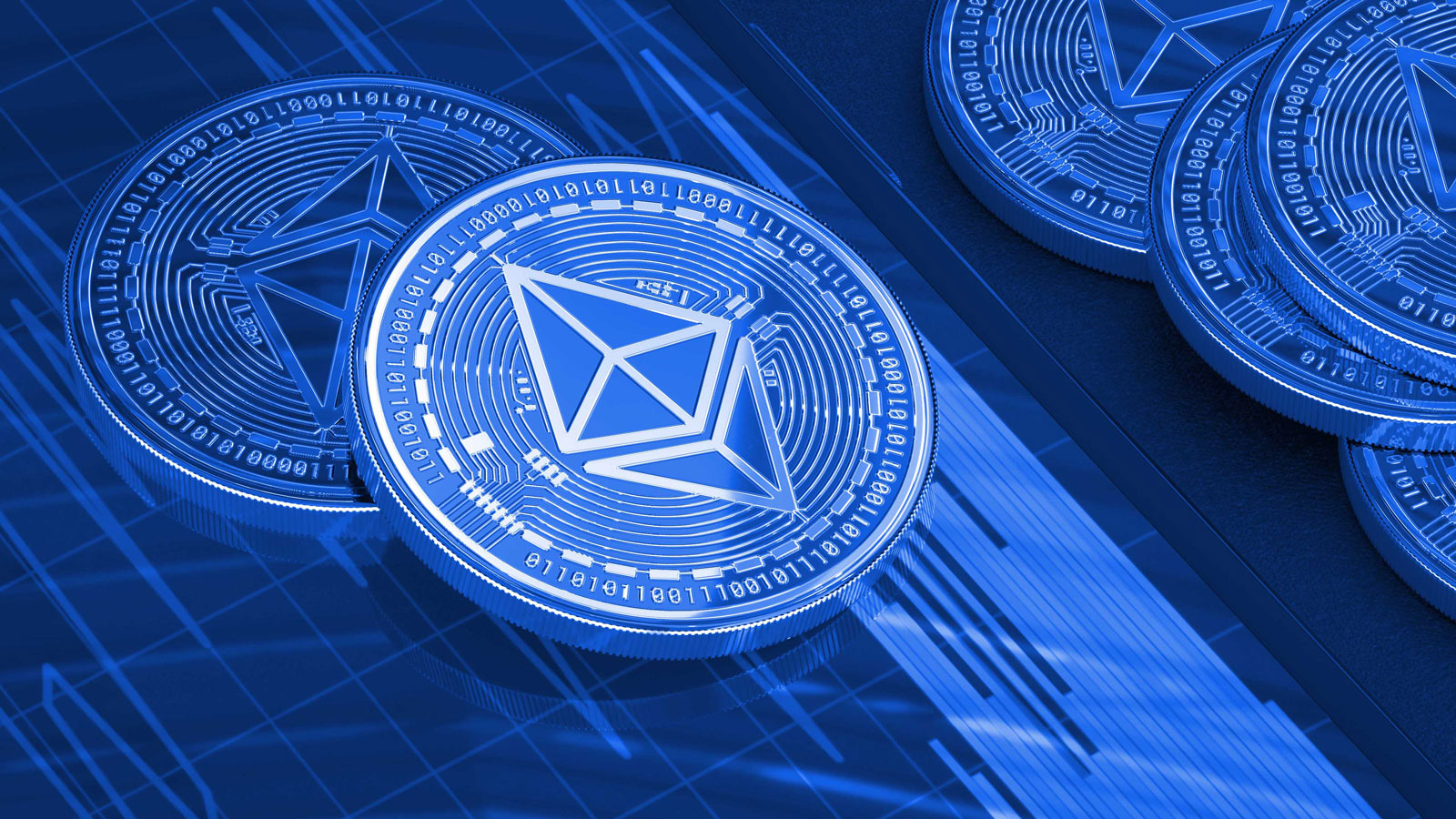“Altcoin” is short for “alternative coin.” Altcoins comprise all cryptocurrency coins that are not Bitcoin (BTC) and include Litecoin (LTC), Uniswap (UNI), Dogecoin (DOGE), Zcash (ZEC) and Cardano (ADA).
Altcoins and tokens are cryptocurrency terms created after Bitcoin’s development in 2009. The first-ever altcoin was ‘Namecoin’ which was introduced to the world in 2011 for a short period and was the only alternative to Bitcoin back then.
Soon after, several coins were introduced as alternatives to Bitcoin to provide improved security and privacy and perhaps tackle the shortcomings of the king crypto through different approaches.
Since Bitcoin’s inception in 2009, a plethora of cryptocurrencies have launched in the space, and others keep sprouting up almost daily. These Bitcoin alternatives began diverging further from the Bitcoin consensus mechanism to include various combinations of privacy features, functionalities and supply schedules.
According to Statista, there are nearly 6,000 altcoins as of last year (2021). This was an extreme increase from just a handful of altcoins that existed in 2013. Although there are many altcoins, many of these cryptocurrencies are not considered significant due to the highly open and accessible creation process of cryptocurrency, making it easy to create a coin.
Altcoins also work on Blockchain technology as Bitcoin. A blockchain is a decentralized, digital, and distributed ledger that works as a secure database. The data, once stored here, is impossible to tamper with.
Types of Altcoins
Mining-Based
Altcoins are divided into two categories based on mining:
- Proof-of-work altcoins: Proof-of-Work cryptocurrencies are created by solving challenging mathematical problems.
- Pre-mined altcoins: The Coins that aren’t created by an algorithm query are known as pre-mined coins. They are frequently included in an initial coin offering and are distributed before being listed on cryptocurrency exchanges.
Stablecoins
Stablecoins, as the name implies, are stable in nature. These coins reduce value volatility by tying their value to a basket of goods like fiat currency, precious metals, or other cryptocurrencies.
Security Tokens
Security tokens are similar to traditional equities. They often provide holders equity in the form of ownership or a dividend distribution. This type of ownership incentivizes investors to put their money into it.
Utility Tokens
Within a network, utility tokens are utilized to deliver services. For example, they could be used to buy services, pay network costs, or redeem prizes.
Memecoin
Meme coins are based on a joke or a witty imitation of popular cryptocurrencies. They usually gain popularity in a short period of time, boosted further by renowned crypto influencers.
Most popular Altcoins today
Ethereum (ETH)
Ethereum is the second-largest cryptocurrency after Bitcoin by market cap, and it is the largest altcoin. However, many investors no longer regard it as an altcoin due to its potential for price stability; it is a more risk-adjusted investment than most altcoins and is close to Bitcoin
Litecoin (LTC)
Litecoin is also called the silver alternative to Bitcoin’s gold and is a fork of the original Bitcoin mechanism. It comes with a different hashing algorithm (Scrypt) and has a faster block processing speed, which results in a production capacity of 4x what Bitcoin can supply. However, it’s been dismissed as a redundant (and ultimately unnecessary) Bitcoin fork.
Stellar (XLM)
Unlike most cryptocurrencies, Stellar focuses on international bank transfers. Stellar leverages distributed ledger technology (DLT) to exchange value across various boundaries and then exchanges the cryptocurrencies into fiat.
Ripple (XRP)
Ripple (XRP) is a popular digital payment platform that hosts crypto coins. It’s also one of the most common cryptocurrencies and uses a consensus mechanism that is different from the traditional proof-of-work (PoW) mining process of Bitcoin.
Uniswap (UNI)
Uniswap is the first decentralized exchange (DEX), and it’s hosted on the Ethereum blockchain. Therefore, Uniswap uses the ERC-20 algorithm native to its platform. Since it is open source, it has spawned several copycat competitors in the space, including Sushiswap (on Ethereum as well) and PancakeSwap (on the Binance Smart Chain).
Polkadot (DOT)
Polkadot (DOT) is the invention of Dr Gavin Wood, one of the co-founders of Ethereum. Polkadot is a promising blockchain because, like Cardano, much of it is peer-to-peer research-based.
The Benefits of Altcoins
Given the sheer variety of altcoins on the market today, a person can’t study one and expect to understand all of them. But there are several shared advantages to altcoins you should be aware of if you plan to buy these coins.
- For starters, altcoins can improve upon several of Bitcoin’s potential flaws, such as its slow transaction speed. Some larger enterprises or organizations may decide to use their own, proprietary cryptocurrencies for fast data transfers because of the inherent slowness of Bitcoin and similar blockchain networks.
- Additionally, altcoins provide good competition for Bitcoin and other cryptocurrencies on the market. This competitive environment means that each coin developer is forced to do their best to provide the best cryptocurrency possible.
- Some altcoins offer a very low transaction fee, making them more affordable for large or international purchases.
Because of these benefits, altcoins can still be useful for purchasing goods, sending funds across international borders and other purposes.
Risks
- Investing in altcoins can be considered risky, especially for the long term, as most of the altcoins will lose value over time.
- Their smaller market cap, as well as lower trading volumes, makes them susceptible to pump and dumps.
- They are easier to manipulate by whale (large) investors and bag holders.
- The technology they provide might become obsolete once something better comes up.
- They are largely impacted by Bitcoin’s price and momentum.
Opportunities
- Higher risks can also mean higher rewards. However, there are big “if-s” here.
- You can get in early on a reputable project that is going to grow immensely in the future. It’s not odd to find altcoins with ROIs of 100x in a matter of months.
Conclusion
A diversified portfolio always wins. If you’re someone that knows and understands cryptocurrencies and parts a “piece of the pie”, altcoins are the perfect way to go, especially to buy assets for a reasonable amount. Do your research on the coin and seek out the views of popular analysts in order to make a well-thought-out decision before you invest.



